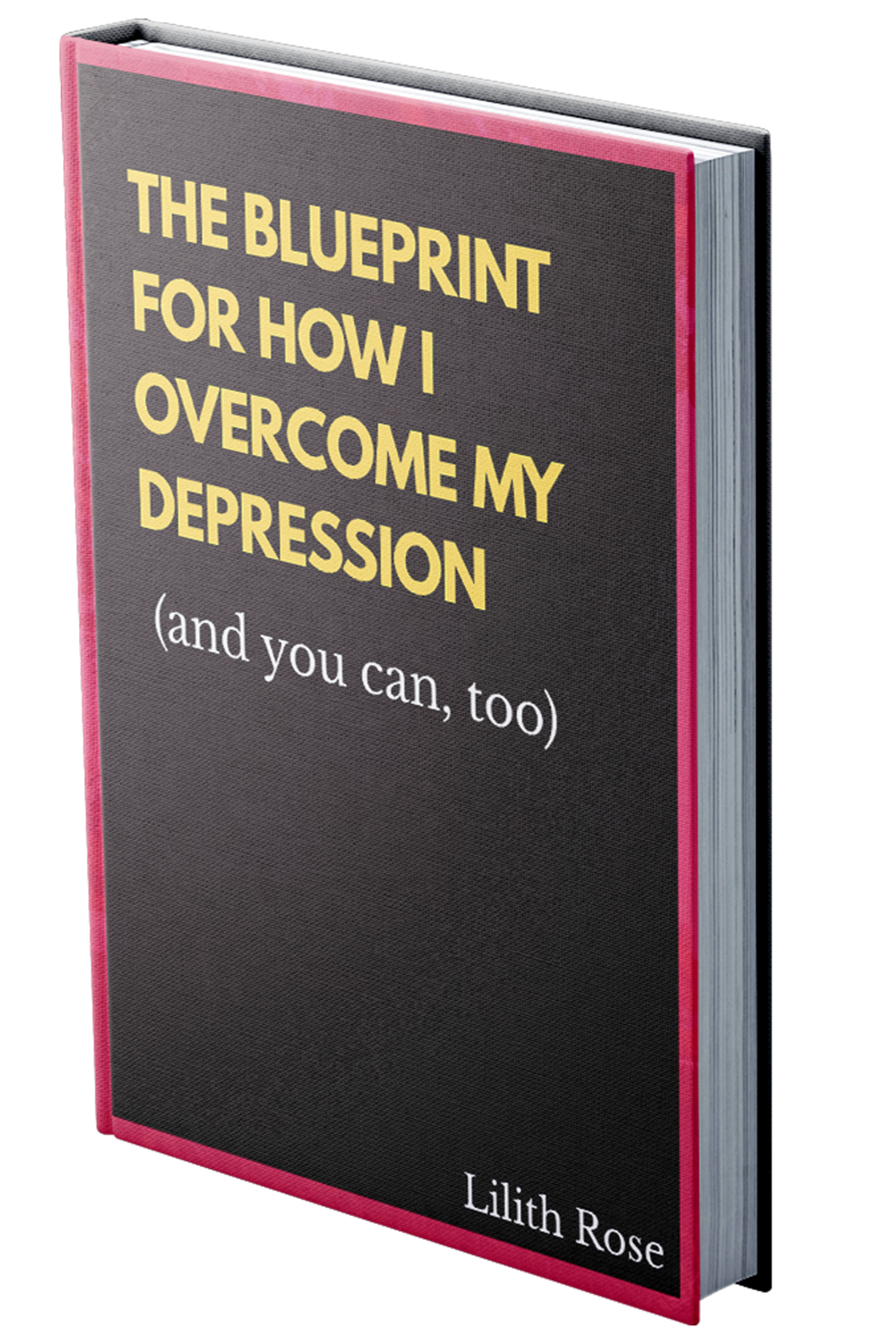Mental illness refers to a wide range of mental health conditions — disorders that affect your mood, thinking and behavior. –The Mayo Clinic
When you hear the words “mentally ill,” what do you imagine? If you’re like most of the people I’ve asked, you might say something like, “A homeless man muttering to himself on the side of the road.” It’s no wonder mental illness has such a huge stigma in today’s world.
As the Mayo Clinic states above, mental illness is a medical disease, just like cancer or diabetes. The difference is that mental illnesses are caused by your genetics and/or situation. So if depression, anxiety, or OCD runs in the family, you should be wary of it affecting you as well. Often there’s a situation or situations that cause these disorders to present themselves, but sometimes it just happens. Don’t think that just because you have a good life means you can’t suffer from mental health challenges. You wouldn’t say that you have a good family and friends so there’s no way you could break your arm or have diabetes, right?
Mental illness simply means that your mind got sick and now needs help.
But now I want to shift the conversation. Instead of asking whether you have depression, have anxiety, are OCD, or any similar phrase, I want you to take a look at the mental health checklist and focus, instead, on the specific challenges you have to overcome. Being diagnosed with a mental illness presents a huge step to take in your life. Too many people think that success means not experiencing the symptoms of depression anymore. It’s so much more than that. Success is consistently improving.
The goal isn’t to be perfect today, but simply better tomorrow.
So instead of trying not to be depressed, or anxious, or whatever you’re dealing with right now, I ask you to visit the symptom checklist, check off the signs you’re experiencing, and draw up a battle plan for overcoming them (preferably creating that plan with your therapist, doctor, and parents).
You’ve got this.
I believe in you.



